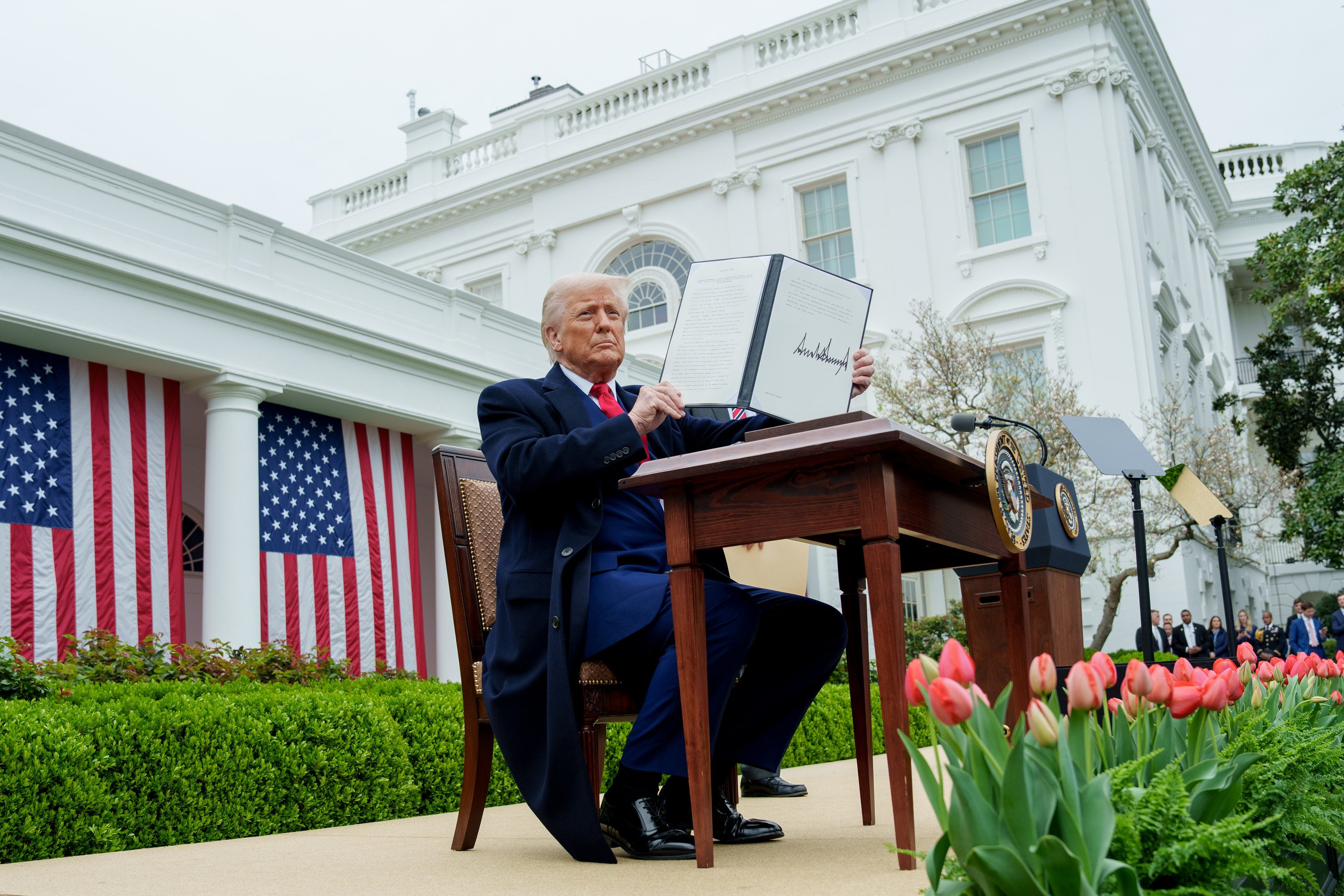How to Resolve the U.S.-ICC Conflict
I have an essay today in the Human Rights & International Criminal Law ICC Forum discussing what President Biden and the ICC Prosecutor should do to end the nasty conflict between the U.S. Government and the ICC.
Published by The Lawfare Institute
in Cooperation With

I have an essay today in the Human Rights & International Criminal Law ICC Forum discussing what President Biden and the ICC Prosecutor should do to end the nasty conflict between the U.S. Government and the ICC, precipitated by the Prosecutor's opening of an investigation of the United States for alleged abuse of detainees in Afghanistan and the Trump Administration's forceful response with sanctions against the ICC Prosecutor. Other essays have been submitted by Bill Burke-White, Margaret deGuzman, Luis Moreno-Ocampo, and John Yoo/Ivana Stradner.
Here are excerpts from my essay:
Although Trump’s Executive Order and sanctions were a gross over-reaction and unworthy of the United States, Bensouda can also be faulted for picking an unnecessary fight. After Biden takes office in January, both he and Bensouda (or her successor) should take steps to de-escalate and end the conflict, which undermines the work of the Court, damages the reputation of the United States, and hurts the cause of international criminal justice.
...
Although I argued at the time that the Court and the Prosecutor should avoid a fight with the Trump Administration, it is understandable that neither was willing to back down in the face of Trump’s threats. But having now made the ideological point that the Court will not be cowed, and with the inauguration of a new President who undoubtedly would prefer to support the Court for the next four years than fight with it, now would be a very good time for the Prosecutor to act more pragmatically.
...
Bensouda surely recognizes that an investigation of the United States for actions nearly 20 years ago is unlikely to succeed and will waste the Court’s limited resources, already stretched far too thin.
...
Conducting an investigation of hundreds of senior U.S. officials would be an enormous distraction for the Prosecutor and the Court, both of which are already struggling with many other problems, and would prevent them from concentrating on other more serious cases with higher likelihoods of success. It would prevent a U.S. Administration predisposed to support the Court from helping the Court with other investigations.
...
...the Prosecutor could have concluded (and could still conclude) that, under Article 17 of the Rome Statute, the ICC does not have jurisdiction because the United States has conducted investigations of the allegations of detainee abuse by U.S. military personnel and the CIA. Indeed, Bensouda’s conclusions with respect to the United States rely primarily on thousands of pages of public findings and conclusions from investigations already conducted by the United States, including the Senate Intelligence Committee, the Senate Armed Services Committee, the Church Report, the Fay Report, the Jacoby Report, the Schlesinger Report, and the DoJ OPR Report.
...
Bensouda may be reluctant to change course and announce that she has decided not to pursue her investigation of the United States after all, but it would make sense for her at minimum to hit the “pause” button by announcing that she is suspending her investigation until she receives more information from the United States about the investigations it has already conducted.
...
Bensouda may be tempted to push Biden officials to open new investigations in order to satisfy her desire for perfect complementarity. But the Biden Administration will already have its hands full with investigations of unlawful actions by President Trump and Trump Administration officials... Although she concluded in 2017 that the numerous investigations undertaken by the United States were insufficient, in light of the Court’s increasingly stretched resources and the recommendations of the Independent Experts, she would now be justified in reaching a different conclusion.
...
For his part, President Biden should take the first step towards a rapprochement by rescinding President Trump’s misguided Executive Order 13928 authorizing the imposition of sanctions on the ICC and by lifting the sanctions on Bensouda. At the same time, Biden Administration officials should communicate directly to the Prosecutor and through intermediaries that the U.S. is prepared to resume support for the Court, but only if the Court ceases its unnecessary investigation of the United States.





